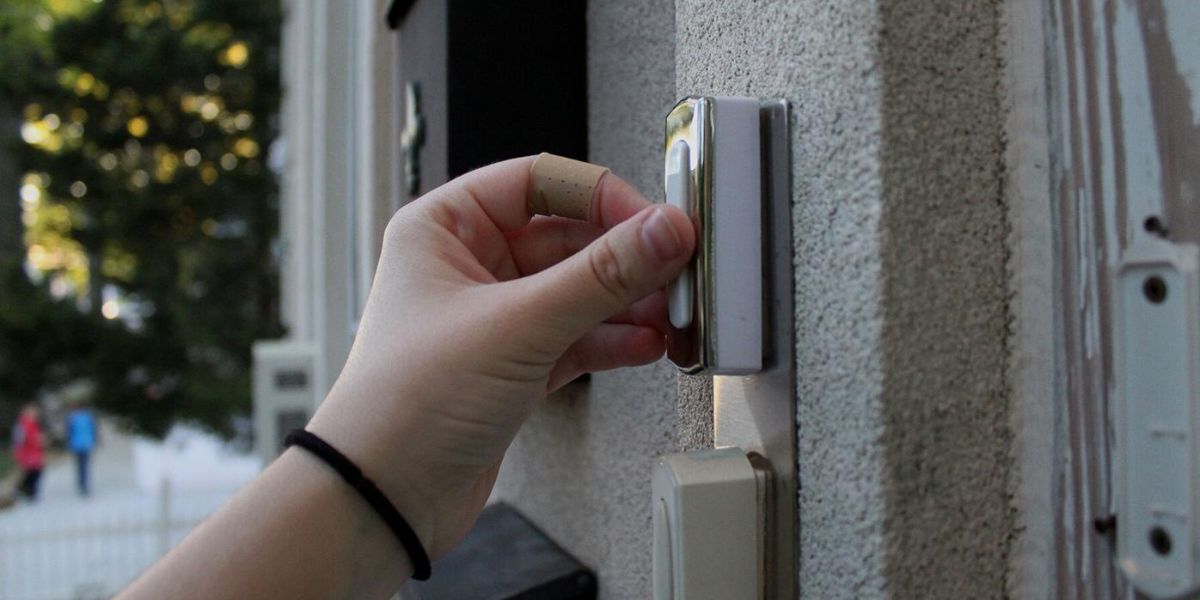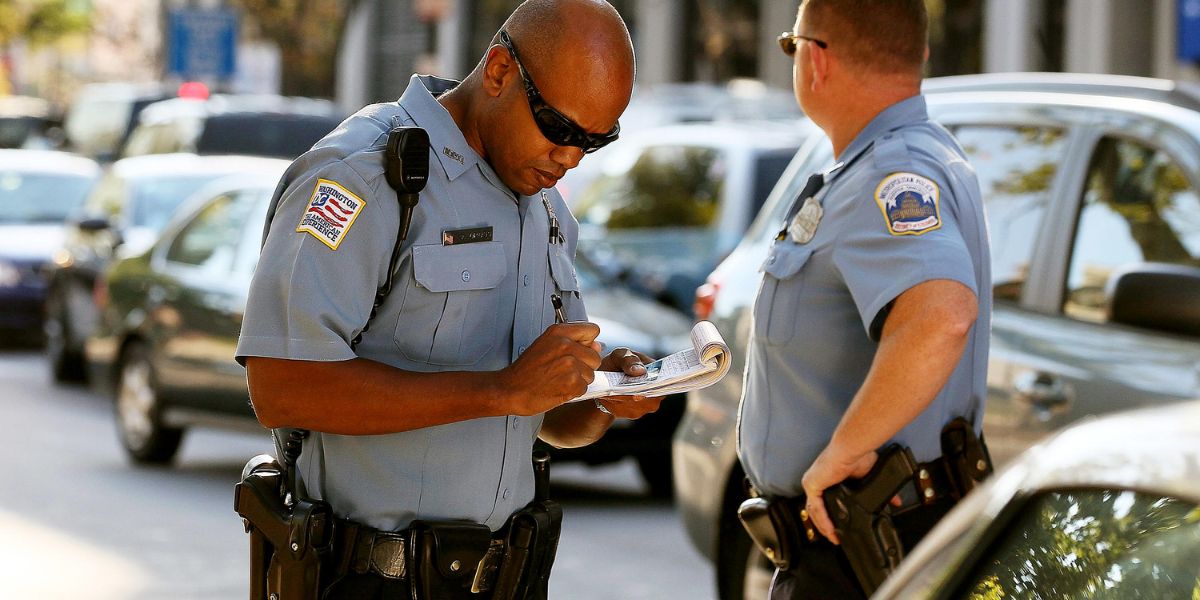What Is Ding Dong Ditching?
Ding dong ditching — ringing a doorbell and running away — is often seen as a childhood prank. But in Washington State, while this act isn’t explicitly named in criminal statutes, it can still lead to legal consequences depending on how and where it’s done.
Let’s explore the different legal risks involved.
Trespassing Laws in Washington
The most common legal issue with ding dong ditching is trespassing. Under Washington law, criminal trespass in the second degree applies when a person enters or remains unlawfully on someone else’s property.
Even stepping onto a private porch without permission can count as trespassing — especially if:
- There are “No Trespassing” signs posted
- The homeowner has told the person not to come back
This means a prank as simple as walking up to someone’s door could become a misdemeanor offense.
Disorderly Conduct or Disturbing the Peace
If the prank is loud, repeated, or done late at night, it may violate disorderly conduct or disturbing the peace laws.
These laws protect neighborhood peace and quiet, particularly:
- During late-night hours
- When the act causes public alarm or annoyance
So if someone repeatedly causes a disturbance in a residential area, police could become involved.
Harassment or Intimidation
If the same house is targeted multiple times, or the prank causes fear — especially in vulnerable individuals like seniors or children — it could be considered harassment.
Under Washington law, harassment includes:
- Repeated actions that cause emotional distress
- Behavior that would make a reasonable person feel threatened
If ding dong ditching is used to scare or intimidate, it may lead to criminal charges and even protective orders.
Can You Get Arrested for Ding Dong Ditch?
While first-time offenders, especially minors, often face warnings or community service, repeated or more disruptive actions could lead to:
- Fines
- Juvenile court appearances
- Even arrest, in serious cases
Authorities in Washington State treat ongoing or threatening behavior seriously — particularly when it affects community peace or safety.
What If Property Is Damaged?
If the prank leads to property damage — like breaking a doorbell or causing someone to fall and get injured — it can escalate the situation significantly.
Property damage could bring:
- Additional criminal charges
- Civil liability for repairs or injuries
- A possible upgrade from a misdemeanor to a gross misdemeanor or felony, depending on the circumstances
Final Thoughts: Think Before You Prank
While ding dong ditching might seem harmless, in Washington State, it carries real legal risks:
- Criminal trespassing
- Disorderly conduct
- Harassment
- Property damage
Even without a law that directly names this prank, its consequences depend heavily on how often it happens, who it targets, and what results from it.
If you’re thinking about pulling this prank — or if you’re a parent concerned about your child doing it — it’s worth understanding that what seems like innocent fun could lead to misdemeanor charges or worse.






